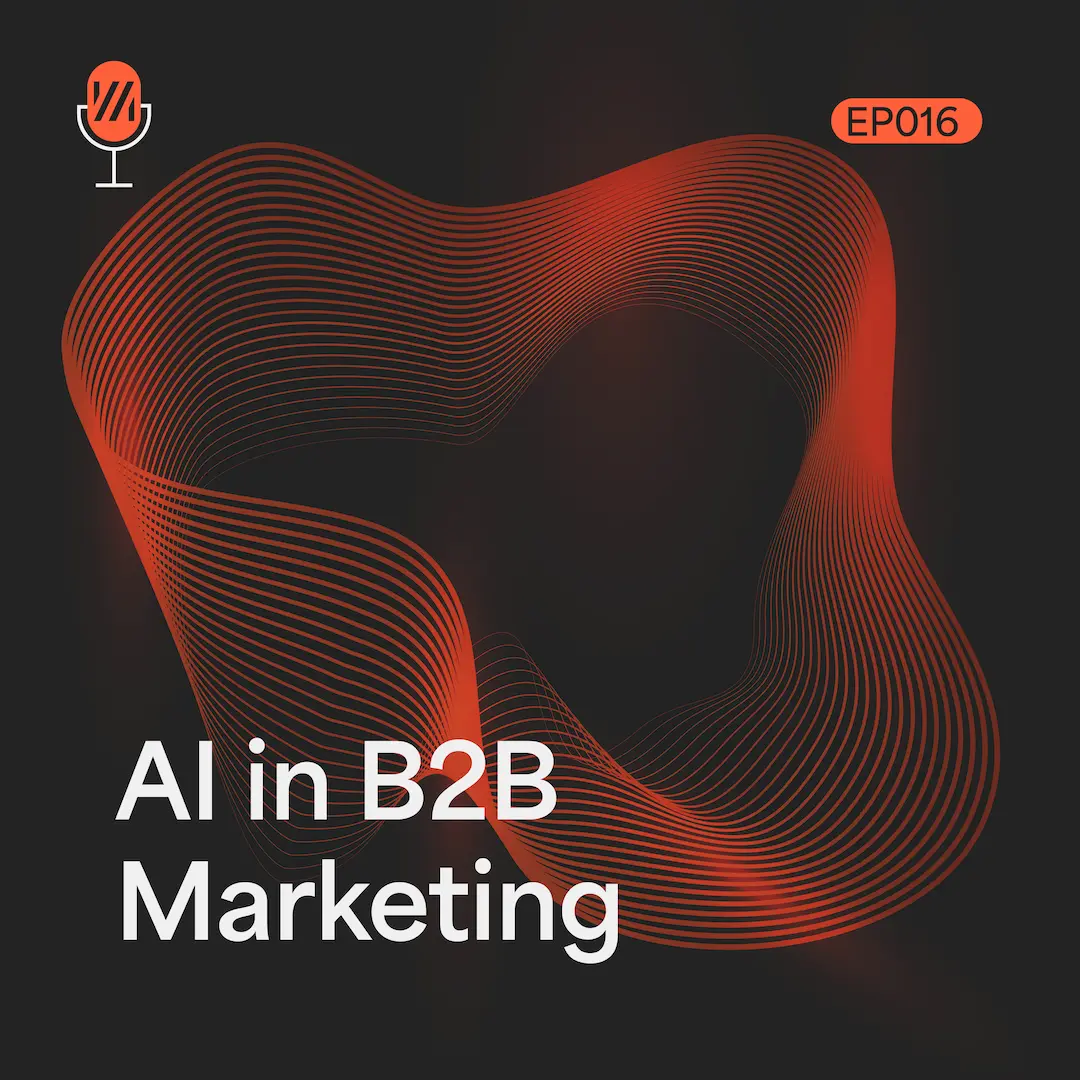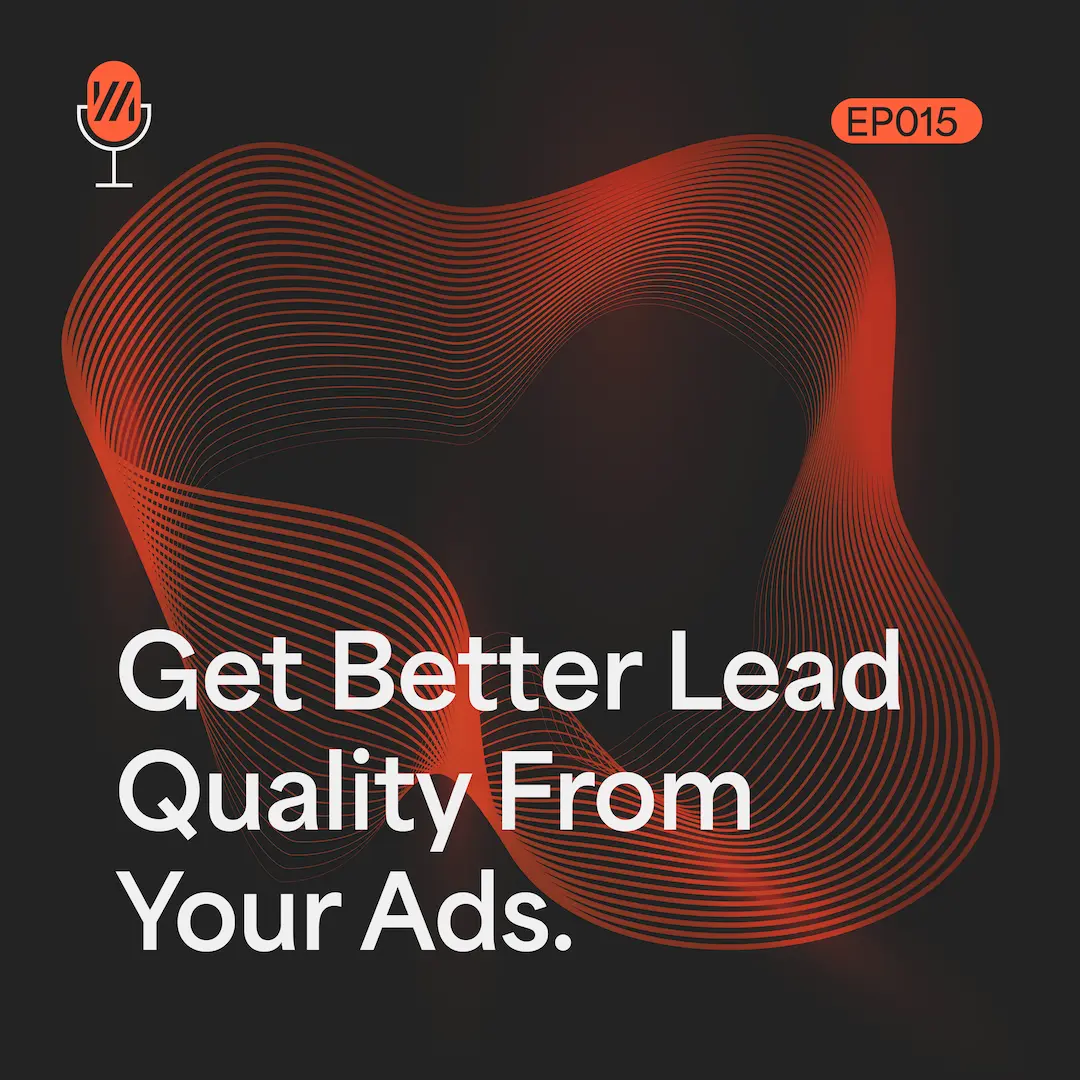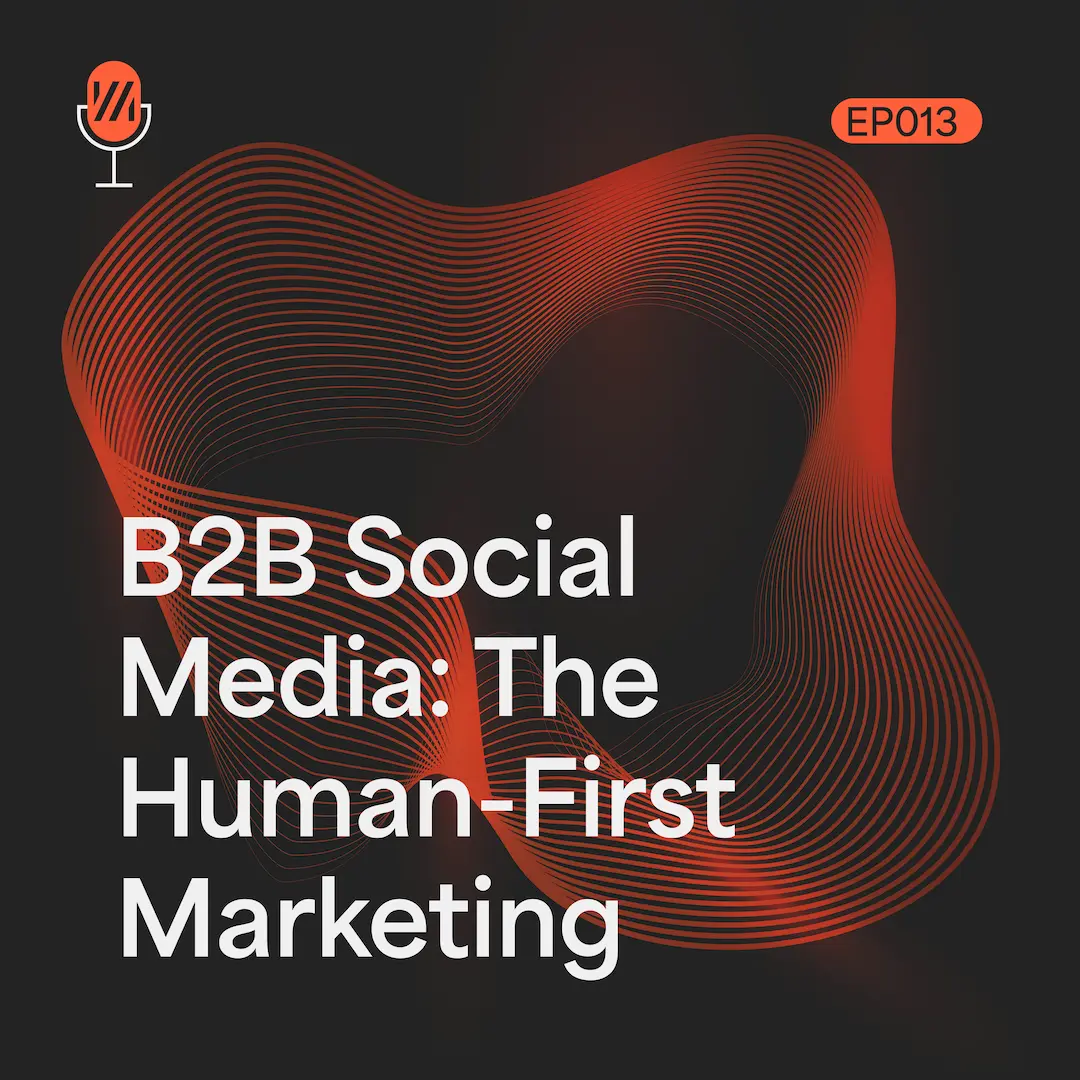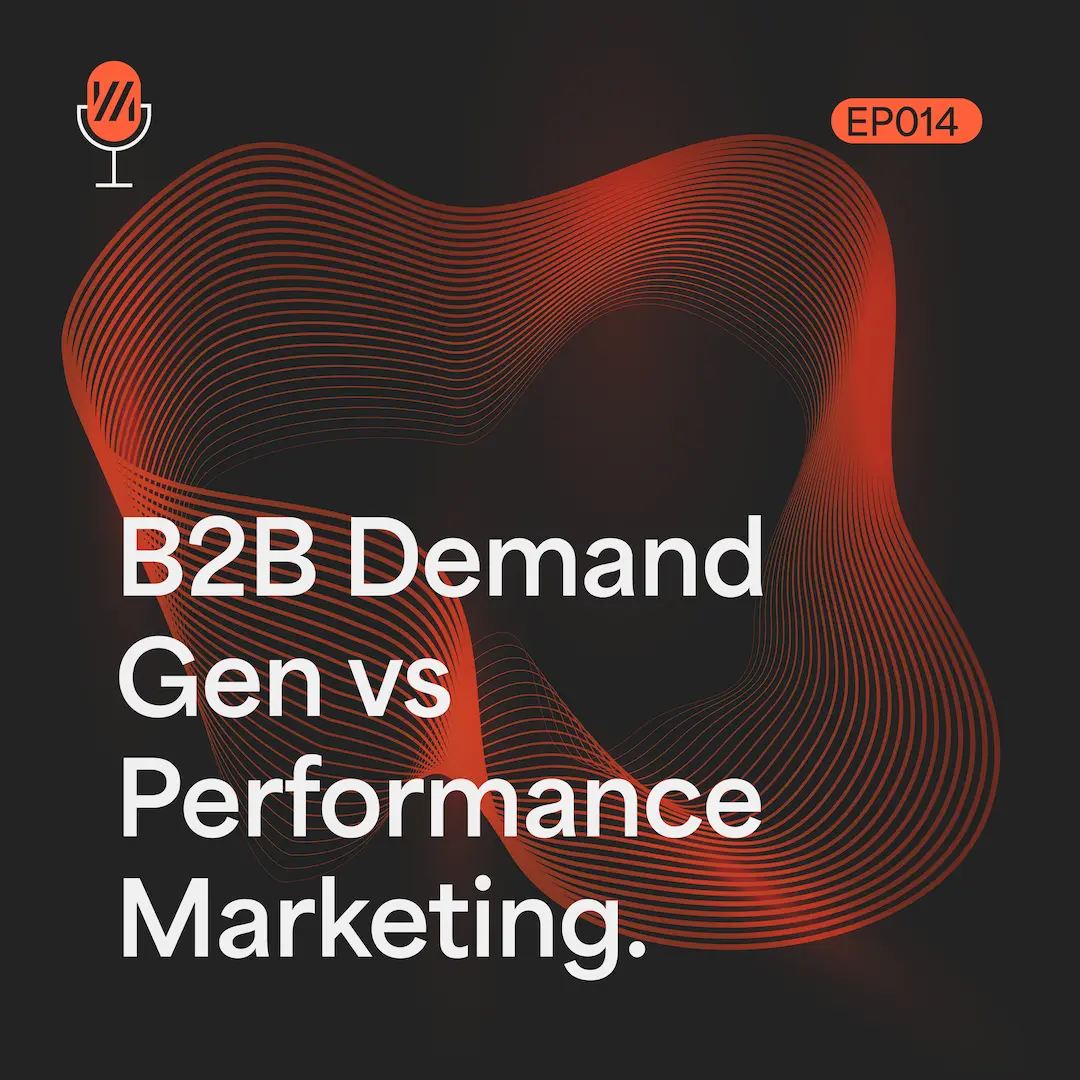Let’s dive into this month’s edition of the Web Marketer roundup, where we share the latest from the Web Marketer team, and discuss our favourite reads and the marketing news that’s piqued our interest in the past few weeks…
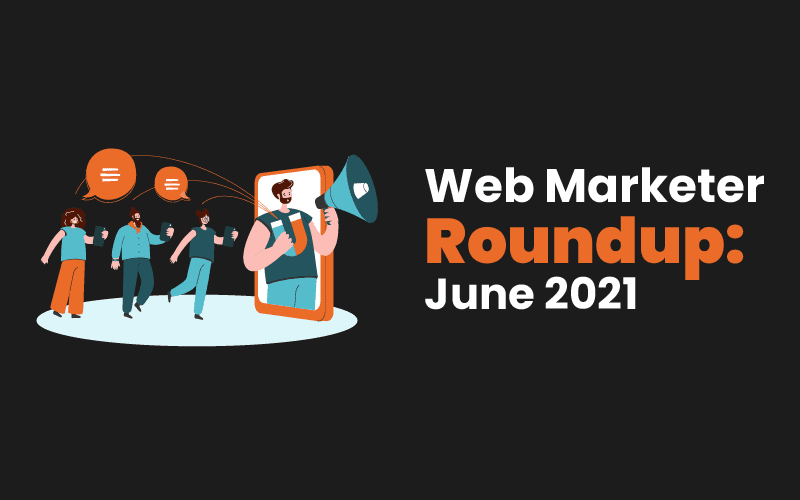
We’re Wales Startup Awards Finalists!
We’re finalists! It’s official – and we’ve got a swanky email signature to prove it – Web Marketer will join 90 other Wales Startup Awards finalists at Depot Cardiff on the 9th of September. Considering we’ve been chosen out of more than 750 applicants, it’s safe to say we’re thrilled!
In their sixth year running, the awards are exclusive to Welsh businesses that have launched within the past three years, and provide an opportunity to celebrate the achievements of those new firms that are making a big impact on the Welsh economy. It’s such an honour to be shortlisted in our last year of eligibility, and we really enjoyed the Dragon’s Den style in-person pitch as the second part of our entry. Our first in-person pitch since early 2020.

Google Delay Their Cookie Cull
Google have extended their deadline for removal of third-party cookies. However, don’t mistake this for a change of direction – it’s a result of what’s been going on in Google’s own internal ecosystem.
It also means a delay in testing the company’s Privacy Sandbox initiative, and for marketers in testing Google’s Federated Learning of Cohorts (Wired give a great overview of FLoC in this article).
As this opinion piece over on The Drum discusses, although it looks like advertisers are faced with another two years of uncertainty with this delay, this is only if they’re allowing themselves to be reliant on Google to solve their problems.
The changes coming to digital advertising and marketing aren’t just related to third-party cookies and to Google, and marketers need to take action for themselves when it comes to strategising for these changes.

Web Marketer HQ: New Office In Swansea
June 21st 2021 was a very special day in the Web Marketer calendar – our first day back in the office since March 2020. It was also the first time for us meeting some of our newest colleagues in person, and vice versa!
Even though our service is now pretty much 100% virtual, it’s still fantastic to have a physical base.
See the final touches coming together here.

Google Performance Max Is Coming!
Performance Max, the advertising format that will run across Google display network, Gmail, YouTube and Discovery is on the way!
Performance Max will run across all of these channels from one single campaign, optimising automatically to where conversions are coming from. What’s more, it works with the new Enhanced Conversions to maximise effectiveness – we’re very excited for it to be fully rolled out.
It’s designed to complement keyword-based Search campaigns, helping you find more converting customers across all of Google’s channels using smart bidding. Users can control the automation by entering marketing goals, then adding creative assets, audience signals, and optional data feeds. Get the full lowdown here.
Early access is only available after signing one of Google’s NDAs, so any updates on early performance will be delayed.
If you’re interested in finding out more – drop us a line on our contact us page.
Google Ads – Less Is More!
We love Google Ads.
But when you’re optimising, it’s tempting to go overboard and make loads of changes – when in reality – less is often more here!
Maelie dives into this in his article, with the example of some super interesting new research from April 2021.
This research was an experiment carried out through the medium of Lego.
The outcome was that people tend to add things, even when taking elements away could be a much better solution.
Google Image Extensions Are Back (Baby, Yeah!)
Google announced image extensions returning in their 2021 Marketing Livestream.
There was much rejoicing by marketers around the world. Because this isn’t image extensions’ first rodeo.
They were originally rolled out a number of years ago, and had an immediate impact on CTRs. And then suddenly disappeared mysteriously.
By adding image extensions, you create the opportunity for images to show up alongside your ads in the search engine results pages (SERPs).
With images bolted on to your ads, not only will they take up more space on the SERPs, but they’ll also be a lot more visually enticing. It’s very likely that more people will click as a result.
Great news for your clickthrough rates.
Image ad extensions are now available globally, and allow advertisers to upload visuals to complement their existing text ads.
This will be exciting news for those who acted quickly back then and benefited from the bump in engagement.
So – why is this such good news for advertisers and marketers? They can now add high-quality images in search adverts which will help their campaigns stand out from the crowd!
Dynamic image extensions are also now available.
These are like standard image extensions, but they use machine learning to automatically select relevant images from your ad’s landing page and attach them to your ad.
Once you opt in to dynamic image extensions, images from your landing pages are added to ad groups in your account.
Nurturing Leads through Funnels
Your prospects are very rarely ready to make an immediate purchase.
Figures show they’ll typically hit between five and ten marketing ‘touch points’ in their purchase-decision journey.
This is where ‘nurturing’ your leads can be a huge help.
This involves the building and developing relationships – gaining trust, providing information, answering queries, and creating brand awareness, ultimately guiding them through the sales funnel to the end goal of gaining them as a customer.
The digital era makes it easier than ever for us to engage prospects to help with their decision-making process.
Read more in Rach’s article.

Enhanced Conversions – Google’s Equivalent of Facebook’s Offline Conversions
Google officials state that their Enhanced Conversions provide an accurate, privacy-safe view of performance, and will continue to do so even in the inevitable cookieless future.
These supplement existing conversion tags, sending first-party conversion data (using a secure, one-way hashing algorithm) from websites in a privacy-safe way.
This data is then matched with signed-in Google accounts to attribute campaign conversions to ad events, like clicks or views.
These are being touted as the equivalent to Facebook’s offline conversions, where marketers and advertisers can measure how much Facebook ads lead to real-world outcomes, like store purchases, phone orders, bookings and more.
LBGTQ+ Trailblazers
To celebrate Pride Month, the Web Marketer team wanted to show our solidarity with the LGBTQ+ community.
We by profiling and recognising three of the most inspirational business leaders on the planet: Apple CEO Tim Cook, Land O’Lakes CEO Beth Ford and United Therapeutics Corporation CEO Martine Rothblatt.
These three individuals climbed the career ladder to the very top, achieving excellence in each of their fields.
Read more about these three incredible business leaders in Seb’s article.
